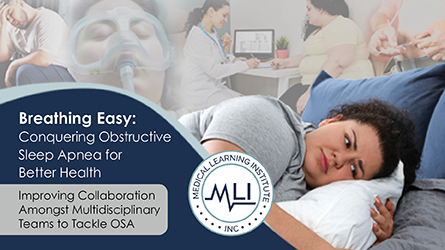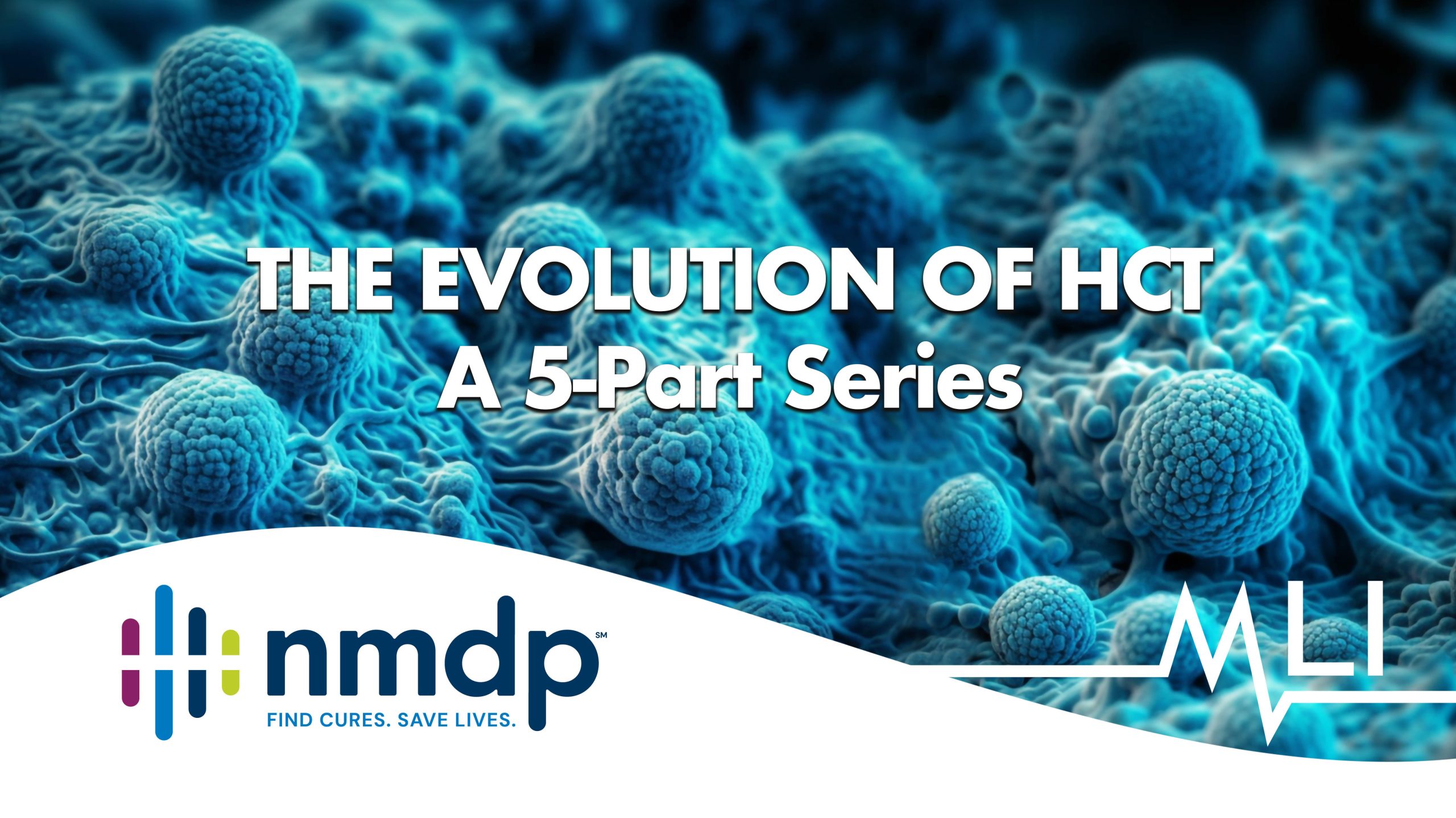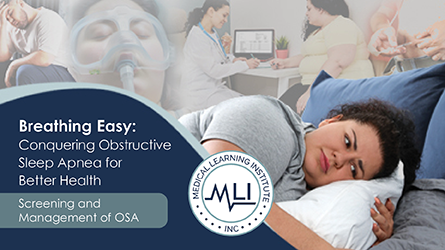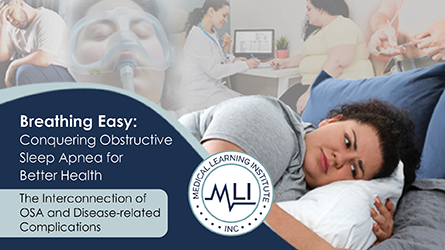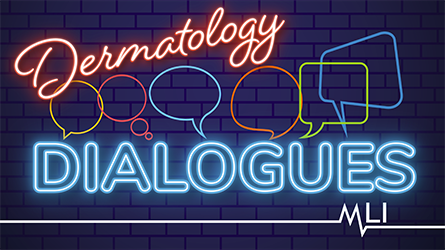- On-Demand
Build Your Own Case Study | From Evidence to Practice: Enhancing T2D Outcomes with Informed Approaches on Obesity
- Credit: 0.98hr(s)
- AAPA, CME, EBAH, ECMEC, IPCE, MOC, NCPD
- January 15, 2024 —
- January 14, 2025
- Therapeutic Areas: Diabetes, Endocrinology
- Specialties: Diabetes, Endocrinology, Obesity, Primary Care
- Location: Internet Activity Enduring
The tie between type 2 diabetes (T2D) and overweight/obesity is a significant global public health issue, supported by decades of extensive research. Despite formal clinical guidelines recommendations in addressing both diseases, the initiation or intensification of therapies that improve glycemic control and achieve weight reduction targets are slowly adopted into clinical practice, particularly for patients with T2D. Given the overlap of these two conditions, it is imperative that healthcare providers worldwide align clinical practice with evidence-based guidelines and the latest clinical findings using newer agents to treat both diseases.


